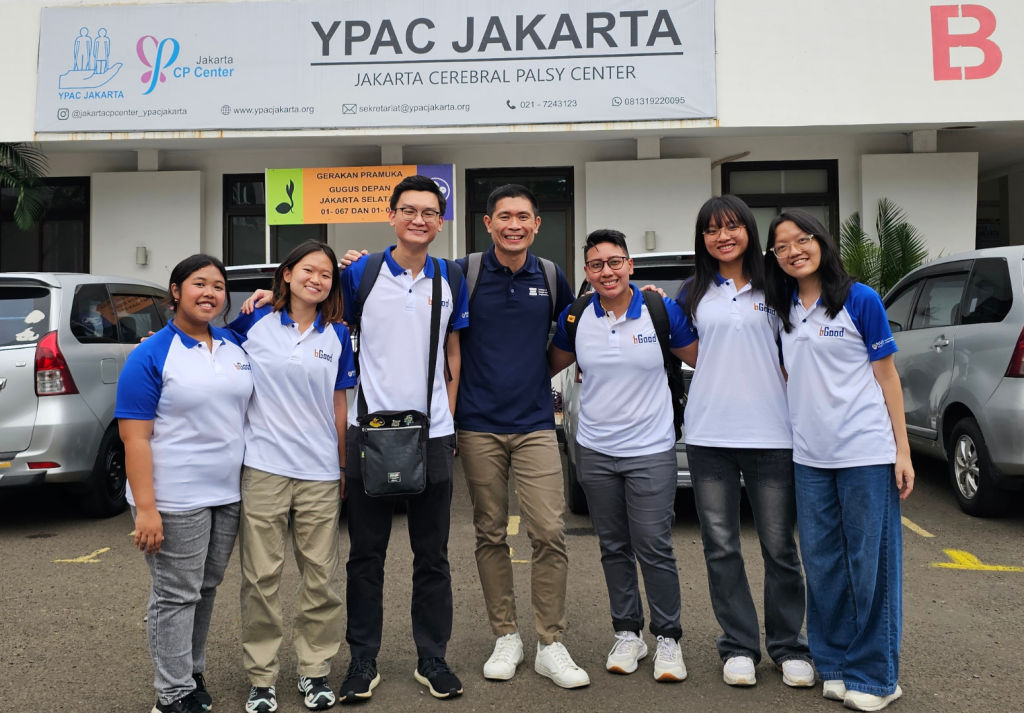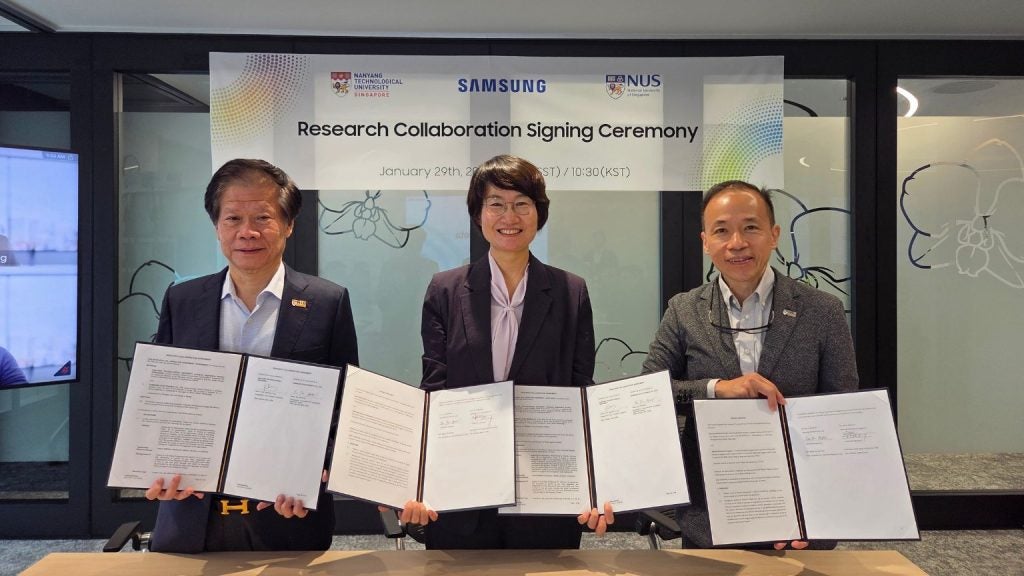
Singapore-based foodtech startup Life3 Biotech (Life3) has signed a Memorandum of Understanding (MOU) with NUS Engineering to incorporate cutting edge technology into creating plant-based protein products that are more nutritious and taste like real meat.
The partnership focuses on using a technology known as electrospinning to create food products with the realistic bite of fish fillet and meat jerky using plant-based protein.
Electrospinning has previously been mainly used as a technique to produce thin fibre structures such as those used in protective face masks.
The new partnership will explore the feasibility of producing food-grade plant-based proteins using the same technology. The aim is to create nano-sized protein strands that can better mimic the texture and bite of meat, improve the nutritional value of foods, and develop a more sustainable production process.
Overseeing the research is Professor Seeram Ramakrishna (NUS Department of Mechanical Engineering) who is also Director of the Centre for Nanofibers and Nanotechnology at NUS, together with Senior Research Fellow Dr Subramanian Sundarrajan.
Prof Seeram is the Chair of the NUS Circular Economy Taskforce, Chairman of the Institution of Engineers Singapore's Sustainable Manufacturing Technical Committee, as well as an advisor to the Ministry of Sustainability and Environment, Singapore.
Alternative meats
Recent years have seen a rising demand for more sustainable alternative meats as consumer concern grows over the environmental impact of large-scale animal-based meat production.
Research has shown that plant-based foods emit less greenhouse gases than meat and dairy, regardless of how they are produced.
However, despite the recent rapid growth of the plant-based protein industry, many consumers still find it hard to make the switch. Part of the reason is that most alternative proteins have a different structure from conventional meat, which plays an essential role in giving texture and bite to protein products. This is where electrospinning aims to bridge the gap.
Electrospinning is able to create alternative proteins that can better replicate the texture of conventional meat.
Moreover the process can also incorporate functional benefits into foods, targeted at boosting health and reducing the risk of developing chronic diseases. This has been proven by the team from NUS and Life3 Biotech in their current research of electrospinning protein fibres with collagen.
Electrospinning systems are also able to lower carbon footprint, decrease energy cost, improve process efficiency, and ultimately reduce raw materials wastage.
By harnessing electrospinning technology, the partnership aims to propel plant-based protein into mainstream consumer culture, and to lower the barrier for the public to incorporate plant-based proteins into their diet.





